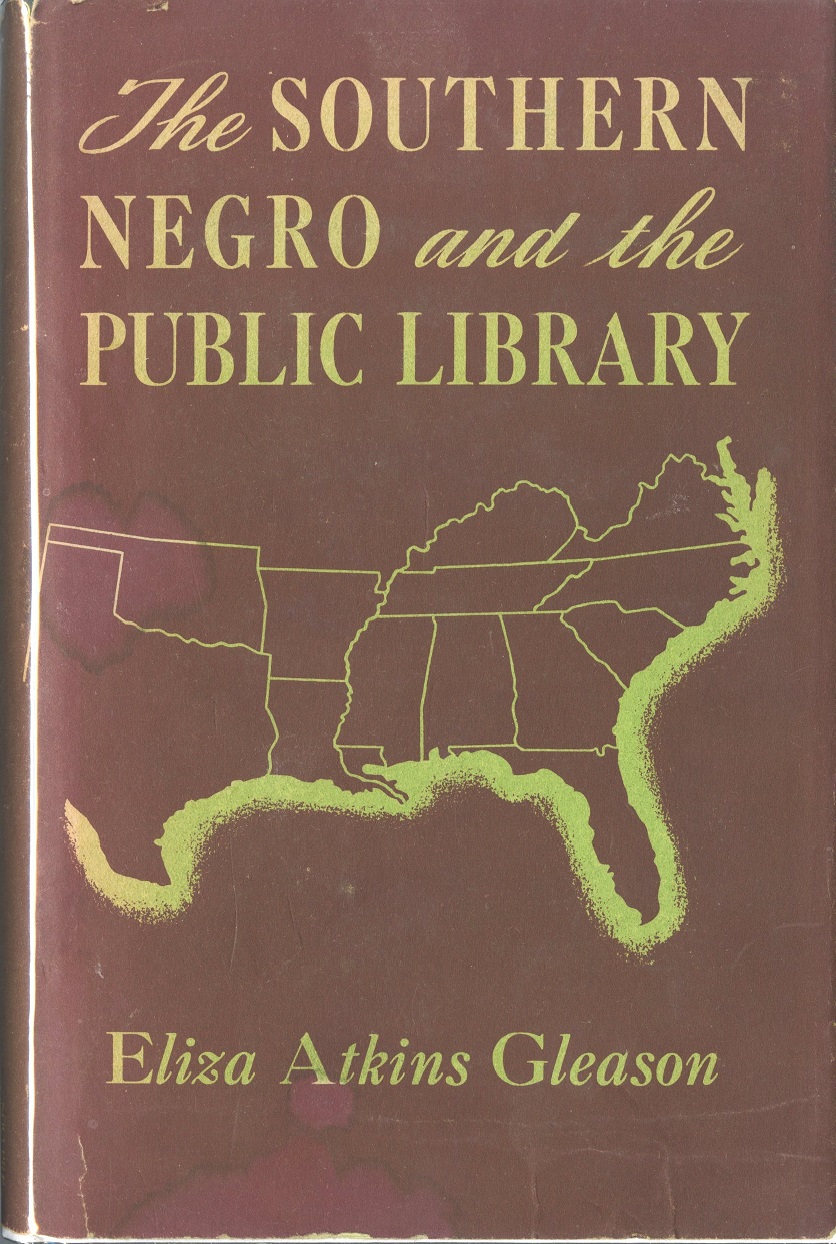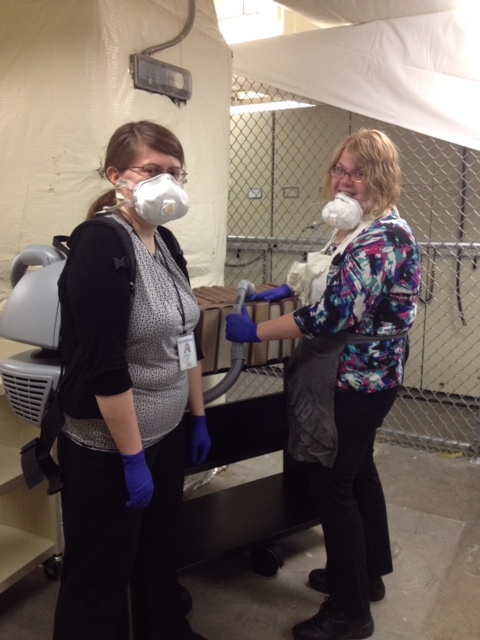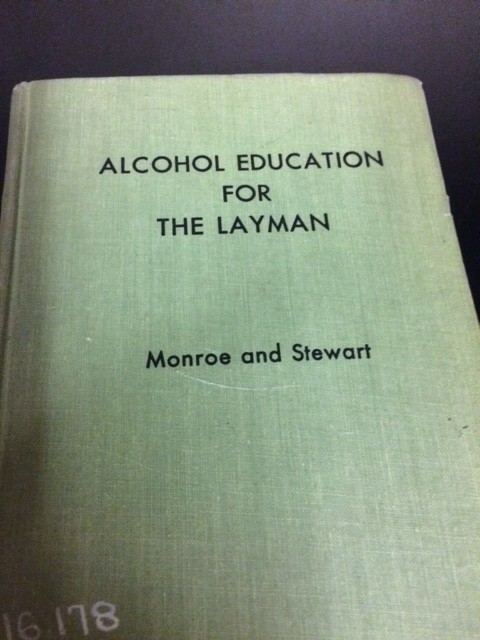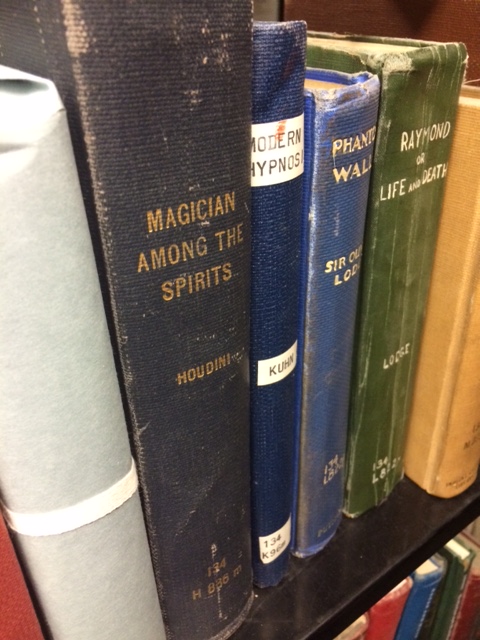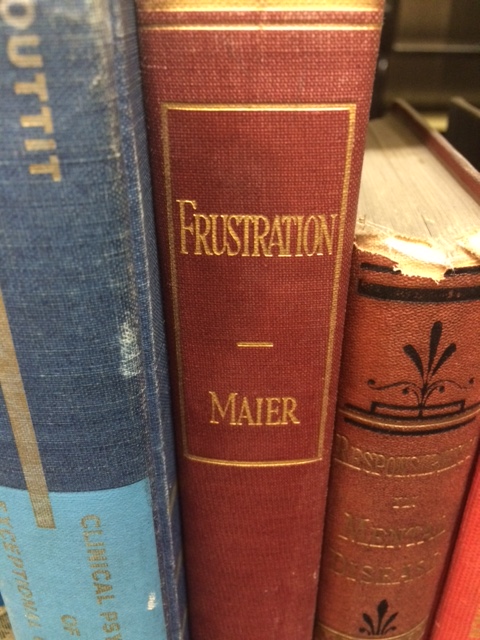Dr. Eliza Atkins Gleason, librarian, dean and professor of library science, was the first African-American to earn a Ph.D. in library science.
Gleason was born in 1909 in Winston-Salem, North Carolina and received her undergraduate degree from Fisk University in 1930. Gleason furthered her education by earning a Bachelor of Library Science from the University of Illinois in 1931 and a Master of Library Science from the University of California – Berkley in 1935.
Gleason began her library career as a librarian at Fisk University. She later worked in Louisville, Kentucky as a librarian at the Louisville Municipal College for Negroes, currently known as Simmons College of Kentucky. She also worked at Talladega College in Alabama.
In 1940, Gleason received her doctorate degree in library science from the University of Chicago. Her dissertation was “The Southern Negro and the Public Library.” She later published her dissertation in 1941 as a book, which the Indiana State Library is fortunate to have in its collection.
She served as the dean of the Atlanta University Library Science Program from 1941-46. After that, she worked at the Chicago Public Library, Chicago Teachers College, Woodrow Wilson Junior College, Illinois Teachers College and the Illinois Institute of Technology. She also taught library science courses at Northern Illinois University.
Gleason passed away on Dec. 15, 2009 at the age of 100.
The ALA Library History Round Table has a research award named in her honor, The Eliza Atkins Gleason Book Award. This award is given every three years for the best books written about library history:
Gleason was inducted into the University of Louisville’s College of Arts and Sciences Hall of Honor in 2010. A video of the ceremony is available on YouTube.
This blog post was written by Michele Fenton, monographs and federal documents catalog librarian.

